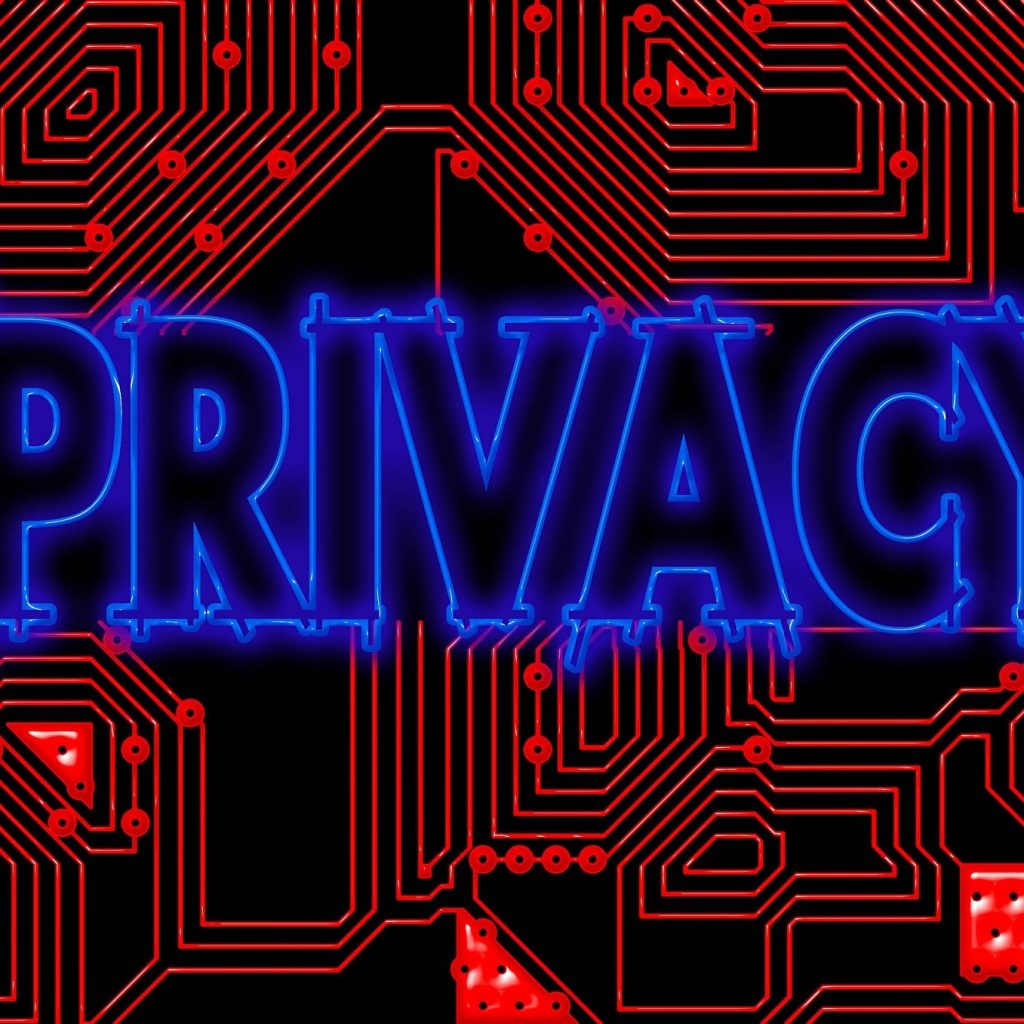From 2020, any Dutch man or woman who wants to collect, inspect or manage their personal health data via a self-selected digital tool (like an app or a website) can.
The Netherlands Patients Federation believes that data should receive more protection, since so far, it has not been regulated sufficiently.
From 2020, medical data, whether or not included in a ‘personal health environment’ (PGO), will be available to the patient at any time. The patient will become the administrator of his own health data. However, the patient does not have the legal protection a doctor receives through the medical duty of professional confidentiality, by being the administrator of his data. Medical duty of professional confidentiality implies that the health-care provider/doctor is not allowed to share medical information with others without the patient’s consent: the oath of secrecy. The health-care provider/doctor also has the right of non-disclosure*, which protects him from third parties.
A supplier of a PGO is also not protected by the right of non-disclosure and has no oath of secrecy like a doctor. This means that legal representatives can easily get access to someone’s health data via a PGO supplier. The Netherlands Patients Federation believes that the right to remain silent and the right of non-disclosure should also apply to these suppliers. Everyone is entitled to the same degree of protection of their health data, as if they were under the duty of professional confidentiality. Therefore, so-called ‘patient secrecy’ should be installed.
Patient secrecy
Firstly, patient secrecry regulates a legal right for people to secrecy of all their health data, regardless of who stores the data or where the data is stored. Anyone who manages health data from and for a person must keep that information confidential. This way, patient secrecy also applies to data within a personal health environment.
Legal safety net
Today, people can refuse to give up their medical records, but the Netherlands Patients Federation foresees that both individuals and suppliers of PGO’s might be pressured in the future to share data with (semi-)authorities, insurers, police, mortgage lenders, justice systems, intelligence services or commercial parties. That is why there should be a legal safety net or an explicit ban on requesting health data from a person. People should also be more aware of their rights when it comes to managing and sharing their health data.
“We expect that statutory patient secrecy will lead to even better protection of people’s health data,” the Netherlands Patients Federation says.
Source: Position Paper the Netherlands Patients Federation January 2019
*The right of non-disclosure is a witness’s right to refuse to answer questions raised to him or her by a judge.
